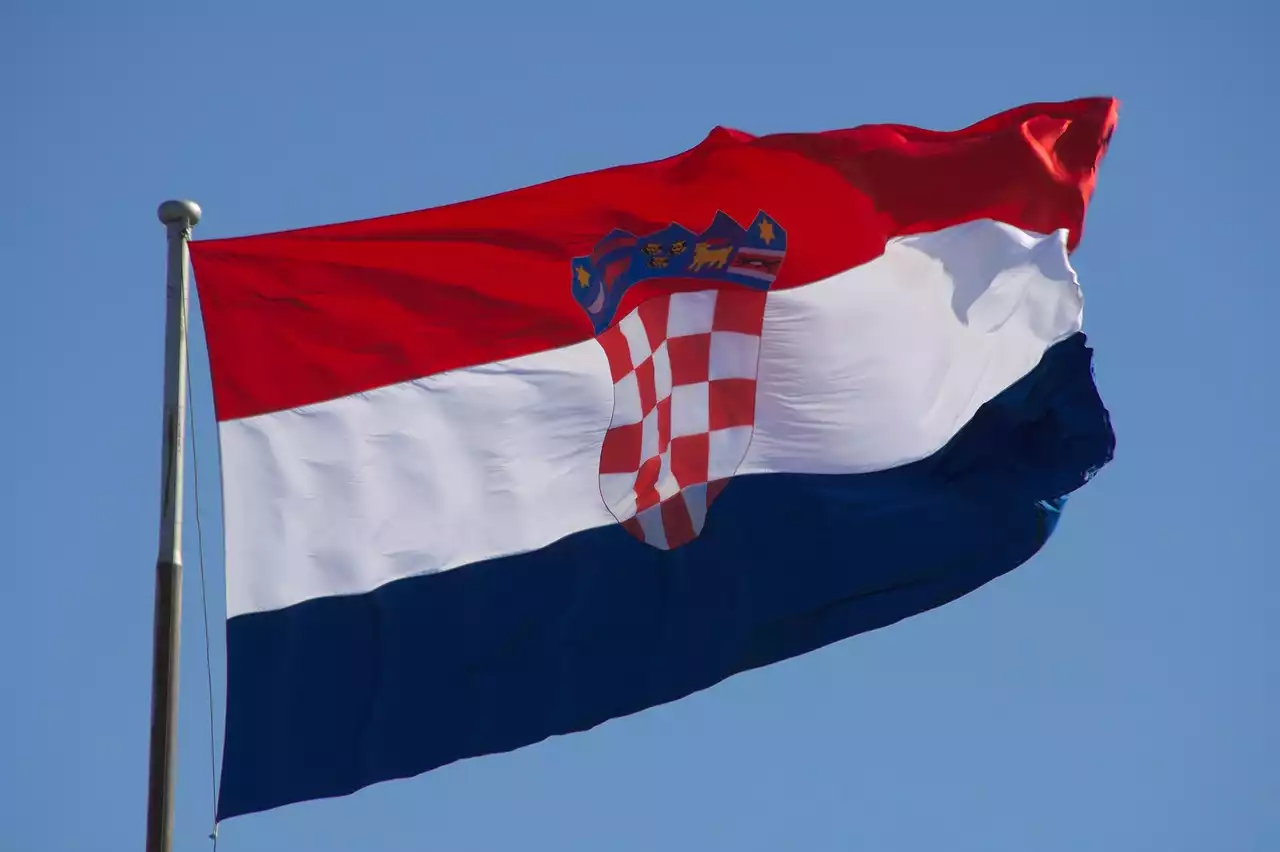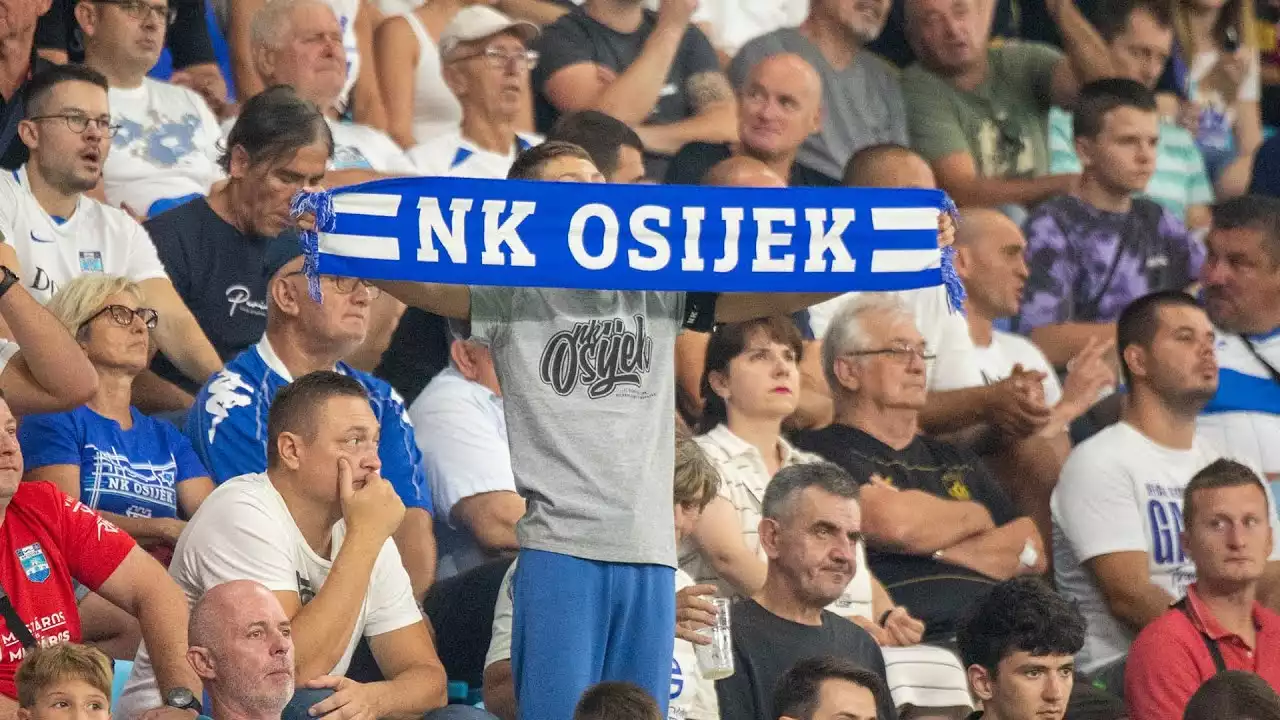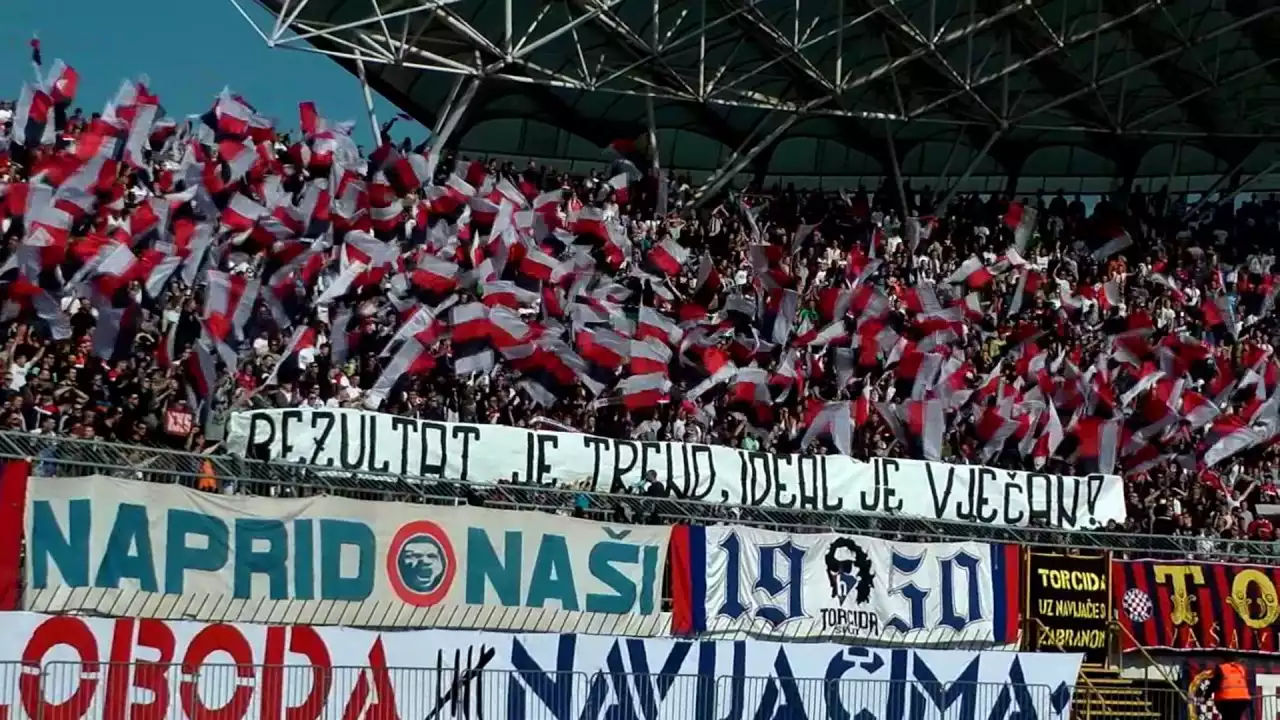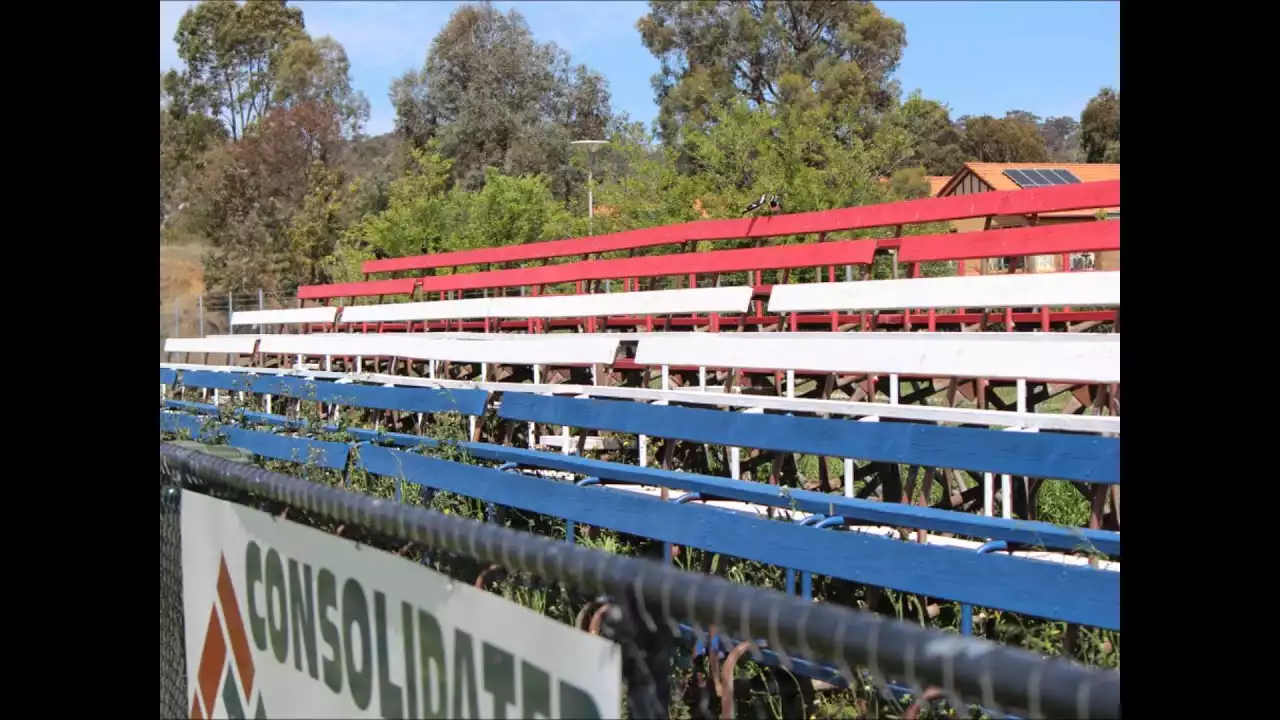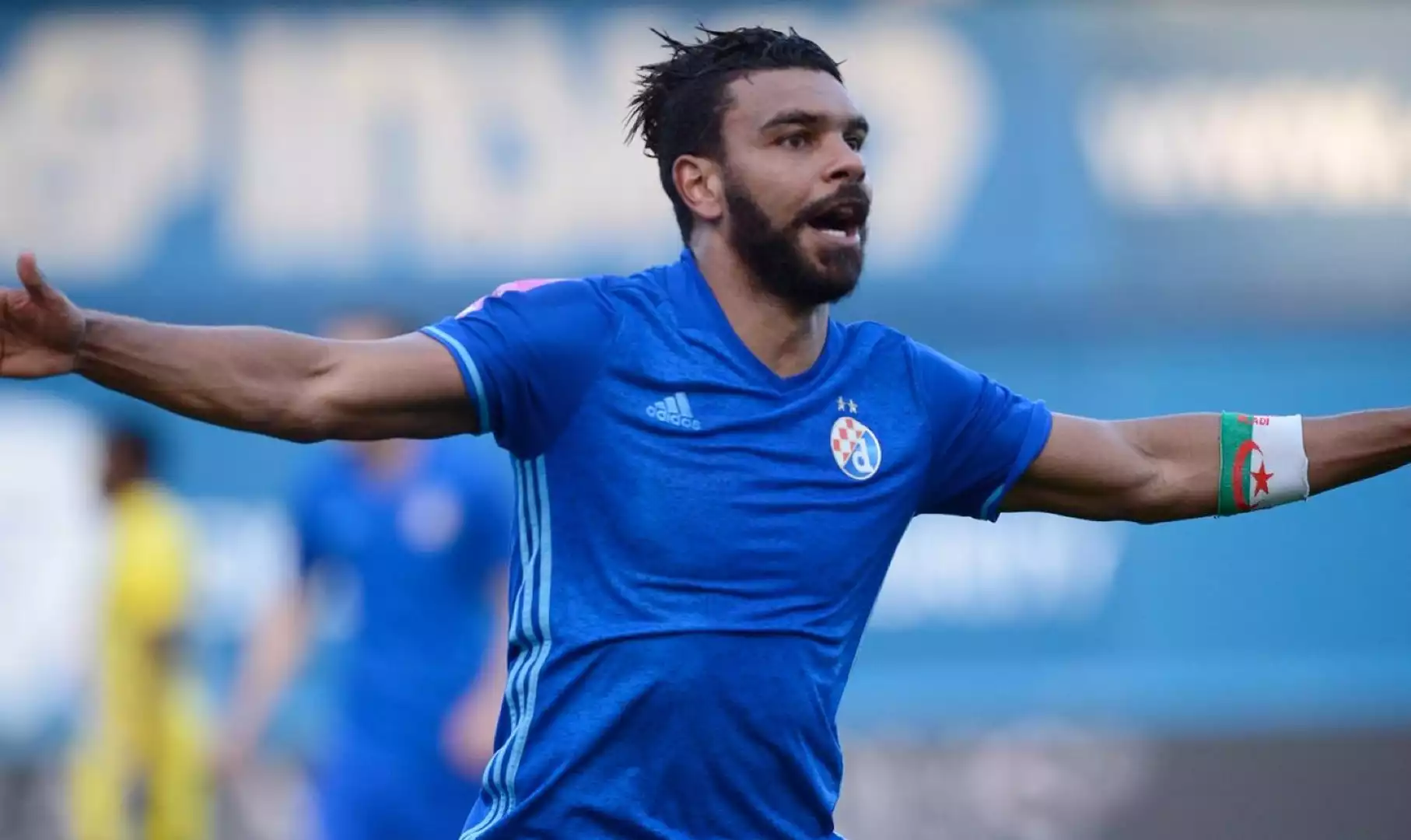Historical overview of Croatian football
Croatian football has a rich history that dates back to the early 20th century. The sport gained popularity in the region during the time of the Austro-Hungarian Empire, with several clubs being formed. However, it wasn't until the establishment of the Yugoslav Football Federation in 1919 that Croatian clubs became part of a national league system.
Club 1: Dinamo Zagreb
Dinamo Zagreb is undoubtedly one of the most successful and influential clubs in Croatian football. Founded in 1945, the club has a long and storied history. Dinamo Zagreb has been a breeding ground for talented players who have gone on to make a significant impact both domestically and internationally. The club has consistently dominated the Croatian league, winning numerous titles over the years.
Club 2: Hajduk Split
Hajduk Split is another iconic club that has played a crucial role in shaping Croatian football. Founded in 1911, the club has a passionate fan base and a fierce rivalry with Dinamo Zagreb. The matches between these two clubs, known as the "Eternal Derby," have become legendary and have fueled the development of Croatian football. Hajduk Split has also produced several talented players who have represented the national team with distinction.
Club 3: Rijeka
Rijeka may not have the same level of success as Dinamo Zagreb or Hajduk Split, but the club has made significant contributions to Croatian football. Founded in 1946, Rijeka has consistently been a strong contender in the Croatian league and has produced several talented players over the years. The club's success in recent seasons, including reaching the group stages of the UEFA Champions League, has further raised the profile of Croatian football.
Club 4: Osijek
Osijek is a club that has a loyal and passionate fan base. Founded in 1947, the club has had its fair share of ups and downs over the years. However, Osijek has been successful in developing young players and providing them with opportunities to showcase their talents. The club's commitment to youth development has been crucial in shaping the modern Croatian game.
Club 5: NK Zagreb
NK Zagreb may not be as well-known as some of the other clubs on this list, but it has made a significant impact on Croatian football. Founded in 1903, NK Zagreb has a rich history and has produced several talented players who have gone on to have successful careers. The club's commitment to nurturing young talent and providing them with a platform to showcase their skills has been commendable.
Impact of these clubs on Croatian football
The impact of these five clubs on Croatian football cannot be overstated. They have not only produced talented players but have also provided a platform for the development and growth of the sport in the country. The success of these clubs has inspired future generations of Croatian footballers and has helped put Croatian football on the global map.
Success stories of players developed by these clubs
The success stories of players developed by these clubs are numerous and impressive. From the likes of Luka Modric and Ivan Rakitic, who honed their skills at Dinamo Zagreb, to Davor Suker, who made a name for himself at Hajduk Split, these clubs have been instrumental in shaping the careers of some of Croatia's finest footballers. The nurturing environment and opportunities provided by these clubs have allowed players to reach their full potential and represent their country at the highest level.
The stories of these five influential clubs showcase the rich history and remarkable achievements of Croatian football. From Dinamo Zagreb's dominance to the fierce rivalry between Hajduk Split and Dinamo, these clubs have left an indelible mark on the nation's footballing landscape. The contributions of Rijeka, Osijek, and NK Zagreb cannot be overlooked either, as they have played a crucial role in the development and growth of the Croatian game. Through their success and the players they have developed, these clubs have shaped the modern Croatian game and continue to inspire future generations of footballers.
